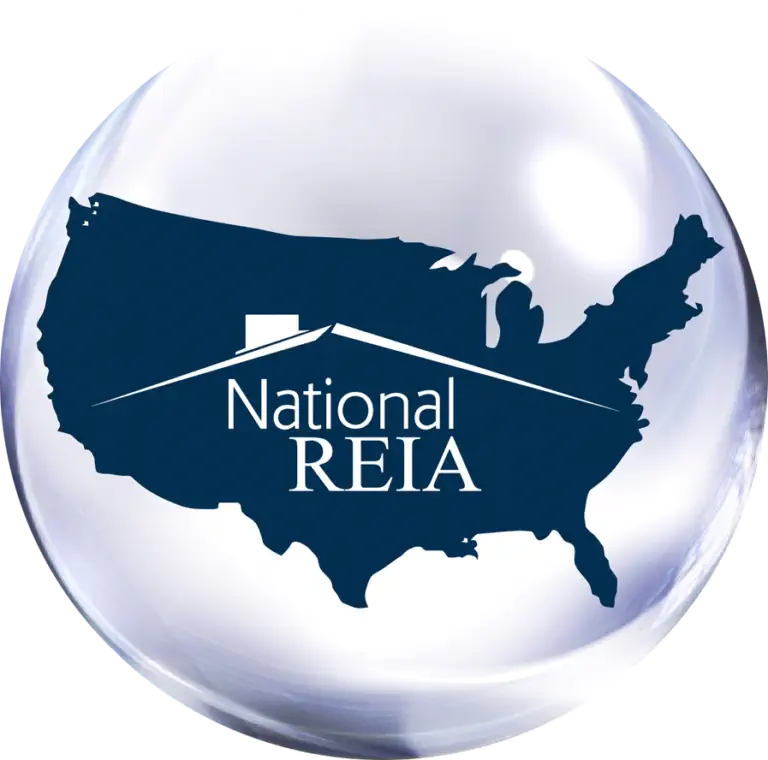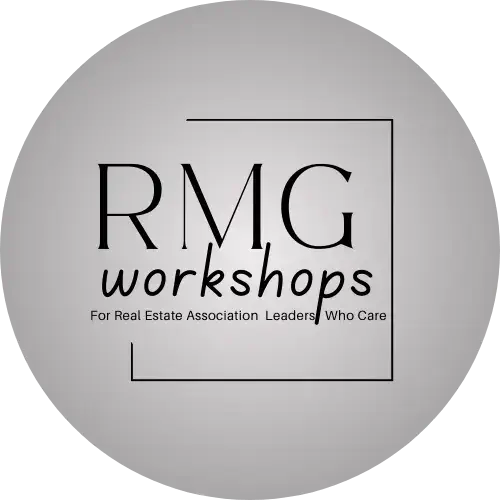
Do you remember the first time you heard about someone buying property at a tax sale? I remember the story I heard, and it was amazing.
Rural Land in Missouri Sold at a Tax Deed Sale
The state of Missouri primarily sells Tax Deeds, meaning when you bid at the sale, you are getting the property. However, you might still need to do a quiet title action. Or maybe just live with the property and all its issues. If you are dealing with rural vacant land for uses without needing a mortgage or building a house, do you really need clear title? Maybe, maybe not.
This story comes from MAREI Member Steve Summers many years ago. I don’t have the particulars, but here’s the gist—and note that I’ve heard similar case studies repeatedly. Steve purchased several small parcels of vacant land in rural Missouri at a Tax Deed sale. My memory tells me he paid between $50 and $500 per parcel. Some worked out, and some he just lost money on. Most he sold them with seller financing to folks who wanted small rural lots in Missouri. Perhaps they owned adjacent land, wanted the parcel for timber, or wanted to go hunting. He was able to sell these lots for between $5,000 and $10,000, some for cash and some with seller financing. Sounds like good money to me.
I’ve heard quite a few similar stories from across the country.
Kathy Kennebrook’s Florida Tax Certificate Sale
At the Marketing and Vacant Land Workshop at MAREI a few weeks ago, our instructor Kathy Kennbrook shared a deal she did in Florida. Kathy found four separate parcels that all connected to make a 2-acre lot. She bid on the tax lien certificate in the first year it was offered, paying the taxes. Did the same in the second year it was offered, again paying the taxes. She was the owner of the debt and in a position for the taxpayers to pay off those certificates. If no one paid them, in year three the county would foreclose. No one paid, the county foreclosed. Kathy became the proud owner of the four lots for a total cost of $1,600.
There were issues with the title as the case with most deed sales. So she hired an attorney to complete a quiet title action at the cost of $2,300. Now she was all in for about $5,000.
She seller-financed this 2-acre lot that was fenced in, had electricity, and a septic system for $29,000, making a total profit of $25,000. It did take about three years, though!
Sounds all rosy, doesn’t it? But then there are stories from the other side. We did a little research and found a Home Resource Network Meeting from July 2023 where Brian and Michelle Winberry were the guest speakers. Several others in the room helped them tell the story of the other side.
Brian Winberry’s Lot Deal He Sold to the Neighbor
This one was a good deal for Brian. He found a vacant lot next to a house. The owner of the house was maintaining this lot very well. Brian bought the lot at Kansas City’s Tax Deed Sale. Then Brian went to the lot, got the house owner to talk to him, and learned that the house owner wanted to buy the lot. Brian had purchased it for $250 and seller-financed it to the neighbor for a profit.
Brian & Michelle Winberry’s Note Deal
The Winberrys buy notes. When you buy a mortgage note, you can review all the documents that pertain to that note. But when it comes to the house securing that note, you have to do your own due diligence. Does it look maintained? Are there any extra liens recorded against the house? Are the taxes paid?
Everything looked good; the taxes were all paid up, so they bought the note. However, this house was in a Tax Certificate state. The borrower had NOT paid their taxes, but someone had paid them at the Tax Certificate Sale. This person was owed the taxes by the homeowner, but it doesn’t show up in the usual places one would look. And taxes take priority over the mortgage. Not knowing there were any Tax Certificate Holders wanting to be paid, Brian and Michelle didn’t know to pay them, and the house was sold for back taxes out from under them.
Are you buying notes? Do you know how to check this out?
Rebecca Flaig’s House that Burned Down
Keep in mind that when you buy a property at a Tax Deed sale, you don’t get full rights and ownership until the sale is certified by the courts. Until that happens, you can’t really do anything, including placing an insurance policy on the house because, in the eyes of the insurance company, you don’t own it yet. But if the house burns down after you are the winning bidder and before the certification, you will still own the house once it is certified. The house burning down does not change that. You can hope something might come up to stop the certification, but if it does not, you are now the proud owner of a burned-down house and all that goes with it.
If you see Rebecca at a real estate meeting, ask her about this house.
Doug Harris’ House that the City Demo’d
When you buy at a tax deed sale, the house is still subject to all sorts of things. This particular house had a demolition order by the city. They had ordered it to be taken down, hired someone, and had it scheduled. Doug purchased it at the tax sale, and before he knew what was going on with the house, the city tore it down. This left him with a vacant lot and the demolition bill now attached to the lot that had to be paid if he wanted to sell the now-vacant lot.
There HAS to be a Better Way
We highly recommend you join us at the August MAREI meeting to learn more. We will have three experts sharing knowledge: Michelle Winberry, with a bit of help from Brian, Ted Anderson, who deals with Tax Delinquent Sales regularly, and a not-yet-confirmed Title Company Speaker to help us understand how to get a marketable title.
Is there a better way? I think so. Can I share my deal?
Kim and Don Tucker’s Golf Course House Purchased Three Days Before the Tax Deed Sale
We had been looking for motivated seller lists and somehow had the Jackson County delinquent tax list end up on our desk. I think we purchased it from one of the legal publications here in Kansas City. We went through the list and picked out those with houses on them. We sent out letters, and from those letters, we got a call from a couple whose house was going to be sold on the courthouse steps for back taxes in about two weeks.
They had inherited Grandma’s house, and moved in. No taxes had been paid in at least three years. The HOA was also foreclosing. They had trashed the house. Based on the condition, we were able to pay them enough in purchase price, closed through a local title company, to cover all the back taxes and fees, all the unpaid HOA dues and fees, and put about $29,000 in their pocket. We got it all done just a few days BEFORE the tax sale. The title company worked hard to ensure everything was paid and recorded—ALWAYS HAVE A GOOD TITLE COMPANY.
We had a clean and marketable title, we rehabbed it, and sold it.
If you see Kim or Don, ask them about the crack house at Teetering Rocks Golf Course.
I contend that the better way is to access the lists, figure out where the houses are or the lots you want, and find a way to market to that list and work directly with the owner. Work through a title company. Skip the scary stories.
The world of tax lien and deed sales is fraught with both opportunities and pitfalls. While stories of significant profits are inspiring, they come with risks that require thorough due diligence and careful planning. Engaging with knowledgeable professionals and using resources like title companies can mitigate these risks and lead to successful investments. By learning from both the triumphs and challenges of others, you can navigate this complex market more effectively and avoid common mistakes.


